Types of generators
- By BISON
Table of Contents
Generators are one of the essential electrical appliances in the world today. Power failures can occur for various reasons, such as natural disasters, load shedding, system failures, and infrastructure failures.
Without a generator, your world would be dark in this case. Without knowing each generator’s details and purpose, you could spend your hard-earned money on the wrong generator.
This article will discuss the different types of generators and their applications. BISON takes an in-depth look at the world of generators, exploring the different types, their applications, advantages and limitations. Our goal is to provide you with the knowledge to enable you to choose a generator that perfectly suits your needs.
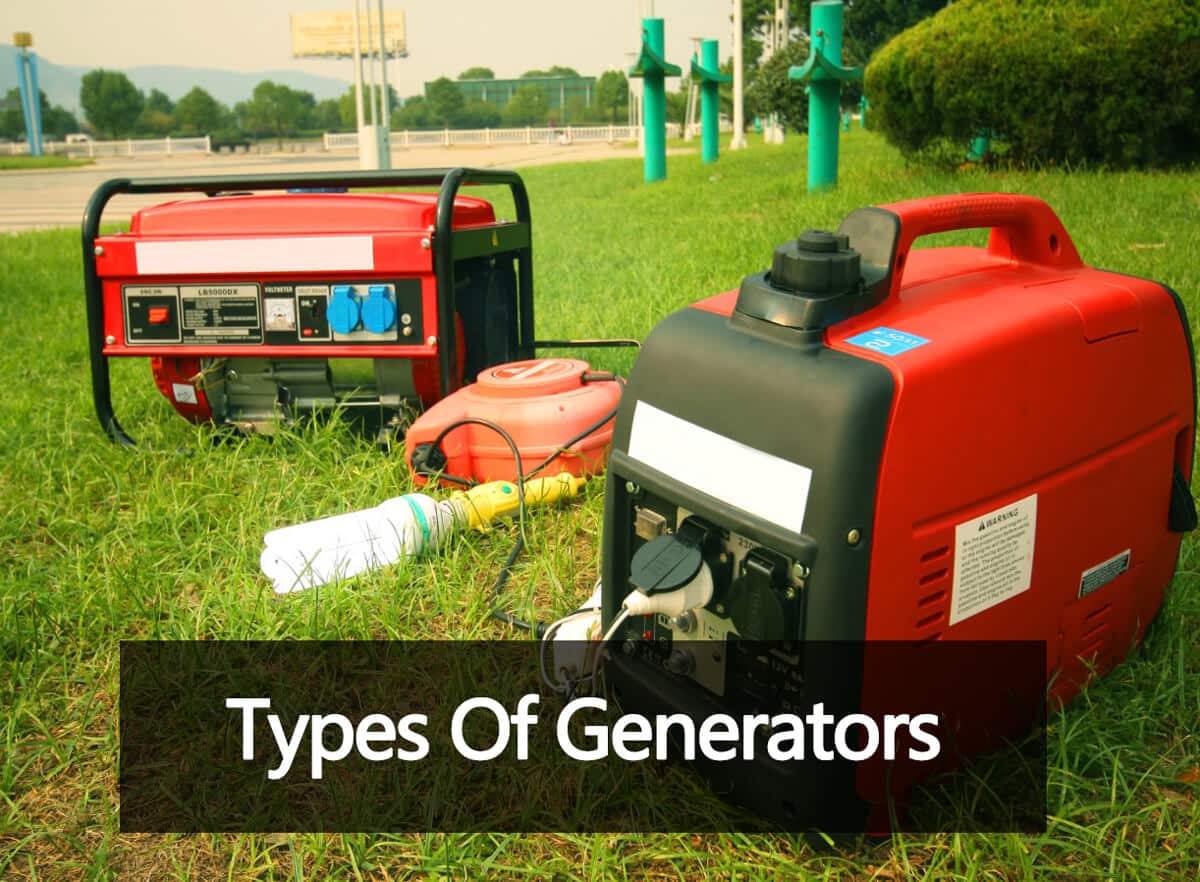
Types Of Generators
There are many different generators types, each with its advantages, disadvantages, and best applications. Let’s see each generator type in detail.
portable generators
Portable generators that are small, compact, and easy to carry often use gasoline, propane as fuel because these fuel sources are readily available. Their small size means these generators are easy to store in a vehicle or keep in a shed or garage until needed.
On a camping trip, a portable generator can charge mobile devices, keep the lights on and run a camp stove after the sun goes down. However, these generators sacrifice power for mobility, so they cannot generate the same amount of energy as large backup generators. Their reduced size and capacity mean portable generators are more affordable. Portable generators are best for camping or staying in the car on a rainy day.
inverter generators
Inverter generators can be whole home generators or portable generators, but they generate electricity differently. Standard generators generate single-phase power and cannot maintain a steady flow of current. The inverter generator generates electricity in three phases, producing high-frequency alternating current (AC), which is then inverted to direct current (DC) and finally inverted again to a stable AC output.
The complicated process helps create clean energy or energy that remains stable while it’s being used. Therefore, it is suitable for sensitive electronic products such as laptops, mobile phones, etc.
These generators are known for their efficiency, quiet operation, and the quality of power they produce. Although inverter generators are fuel-efficient and produce less noise, they are more expensive than their conventional counterparts.
Standby or backup generators
The high price of a standby or backup generator makes it quite different from a portable generator. While small portables can be picked up, carried, or packed into a vehicle, a backup generator is a semi-permanent feature in the home – it takes up more space than a standard air conditioner unit. These generators have a large fuel container and a fuel-efficient commercial-grade engine, which allows them to power an entire home in an emergency.
Standby generators automatically kick in when they detect a power outage, providing an uninterrupted power supply. Ideal for powering small cabins or backup emergency systems. Standby generators are sometimes equipped with WiFi connectivity, allowing users to monitor the generator’s status via a mobile app.
Aside from the cost, the main disadvantage of standby generators is that they require regular maintenance to ensure they remain operational in the event of a power outage, which can be costly.
natural gas generators
Generators that run on natural gas fall into the category of backup generators, although some portable generators also run on natural gas. These generators are commonly used in homes connected to a natural gas line. Natural gas generators have much lower emission rates than diesel and gasoline generators, making them an excellent choice for whole-home standby power.
Natural gas generators are durable and can last for years with regular maintenance, but the initial cost of installing these systems is comparatively high. Another disadvantage of natural gas generators is that they are susceptible to freezing climates, so they may not be the best option for people living in icy areas.
They are best suited for eco-friendly shoppers concerned about pollutant emission levels and people for a whole-house standby generator. While they are efficient and less polluting, natural gas generators can be expensive to install and maintain.
Gasoline Generator
Generators can run on various fuels, but gasoline is the most common fuel for portable and inverter generators. Known for their high energy output, gasoline generators are used in various settings, from residential to commercial. Their common applications include providing emergency power during outages and powering construction or outdoor equipment.
Gasoline generators have relatively simple controls and a low price, which makes them ideal for inexperienced operators and shoppers on a budget. On the downside, such generators have a high emission rate and, in the long run, use more expensive fuel than propane, diesel, or natural gas. Besides, It has a shorter shelf life compared to other fuel types.
Diesel Generator
Diesel generators, as the name suggests, use diesel fuel instead of gasoline. Most generators in this category are standby generators, but there are also some inverters and portable diesel generators. They are robust and reliable, making them suitable for industrial applications and larger commercial establishments.
Generators running on diesel can provide a more efficient power output than gasoline generators. There are also cost advantages to buying a diesel generator: because diesel generators are more fuel efficient than gasoline-powered generators, you’ll spend less on fuel in the long run.
These generators can work fine in freezing temperatures if they are filled with winter diesel. The low combustion temperature of diesel puts less stress on the electric engine than gasoline or propane, resulting in a higher level of durability and longer life for diesel generators. However, remember that diesel generators produce harmful emissions that can be toxic or harmful if inhaled.
Diesel generators are best for people looking for a durable, easy-to-maintain generator.
Solar Generator
Solar generators harness the power of the sun to produce electricity. They convert sunlight into electrical energy through solar panels and store it in a battery for later use. Some solar generators have removable panels that can be set or tilted to absorb the sun’s rays better.
Perfect for outdoor activities and areas with abundant sunlight, solar generators are sustainable and eco-friendly, producing no noise or emissions. The downside to these generators is that they don’t work when it’s dark outside and don’t produce much power.
Even though the fuel is renewable and free, installing whole-home solar generators can be very expensive. These generators are great for camping or storing in your car as an emergency power source.
They are best suited for eco-conscious shoppers who can afford the high upfront cost. Also, for people looking for a portable generator who don’t need a lot of backup power.
Hydrogen Generator
Relatively new to the market, hydrogen generators are not easy to find. The machines run on hydrogen and are designed with internal fuel cells to help manage the system’s fuel efficiency. Some advantages of buying hydrogen generators are that they produce a higher power output than other generators and are sturdy and very resistant to shock damage.
On the downside, since there are so few hydrogen generators on the market, they’re not cheap — and it may take some searching to find one that meets your specific needs. Still, these devices are efficient and durable enough to be worth a try, and we expect to see more and more companies producing hydrogen generators in the coming years.
They are best for homes or businesses requiring uninterrupted power in remote locations and indoor use.
Other Types of Generators
There are other types of generators like industrial, propane gas generators, AC generators, and DC generators, each with their specific uses and advantages. Industrial generators are used in large-scale operations where a significant amount of power is required. Propane gas generators are known for their clean burning and long shelf life. AC and DC generators refer to the type of current they produce; AC generators are commonly used in homes and businesses, while DC generators are typically used in automotive and charging applications.
Conclusion
In this comprehensive guide, we’ve explored various types of generators, each with its unique features and applications. Now that you know everything about generators, what they are, how they work, their types, and more, you can choose the right generator confidently.
But first, you have to evaluate the power needs of your system. Fortunately, BISON can help you evaluate your requirements for the best results. Contact us online or call us at (+86) 178 2685 8437 to gain deeper insights and purchase the correct type of generator.
Most Popular Posts
QUESTIONS?
CONTACT US TODAY.
buy?
Related Posts
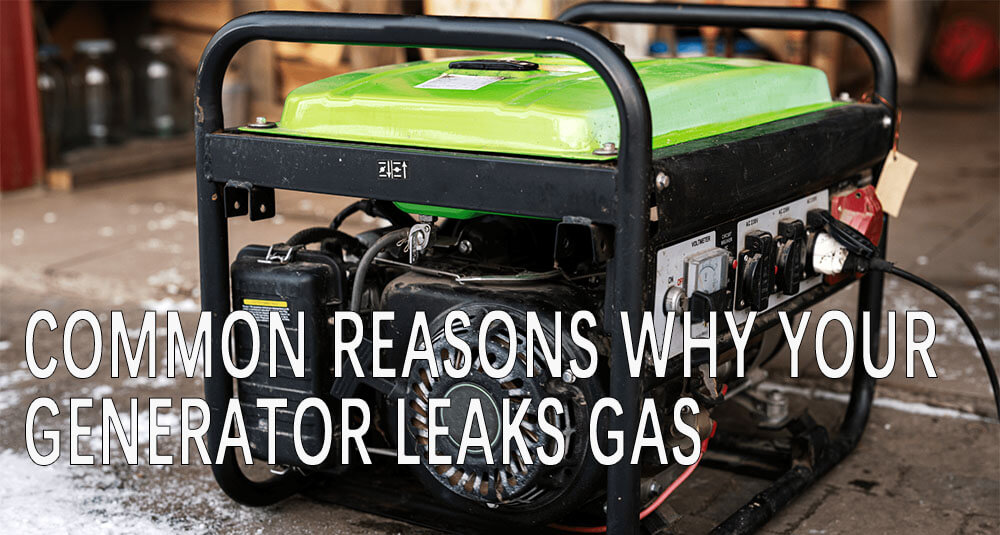
Common reasons why your generator leaks gasoline
In this guide, BISON covers common causes of gasoline leaks, warning signs to watch for, and how to fix the issue.
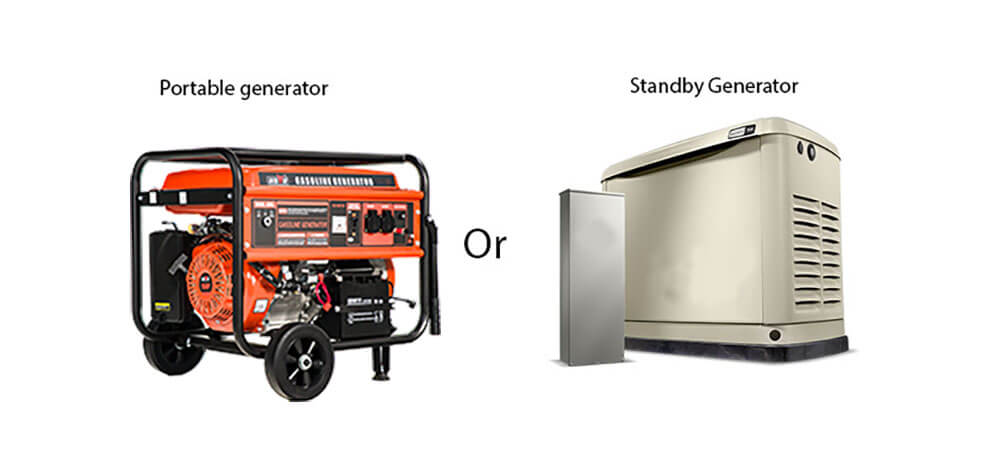
portable or standby generators: which one fits your needs?
This article by BISON breaks down the differences between portable and standby generators. By the end, you’ll find which one fits your needs best.

how to parallel generators: A comprehensive guide
BISON will explain what parallel generators mean and how they work together as a system. We will also focus on the advantages and reliability.
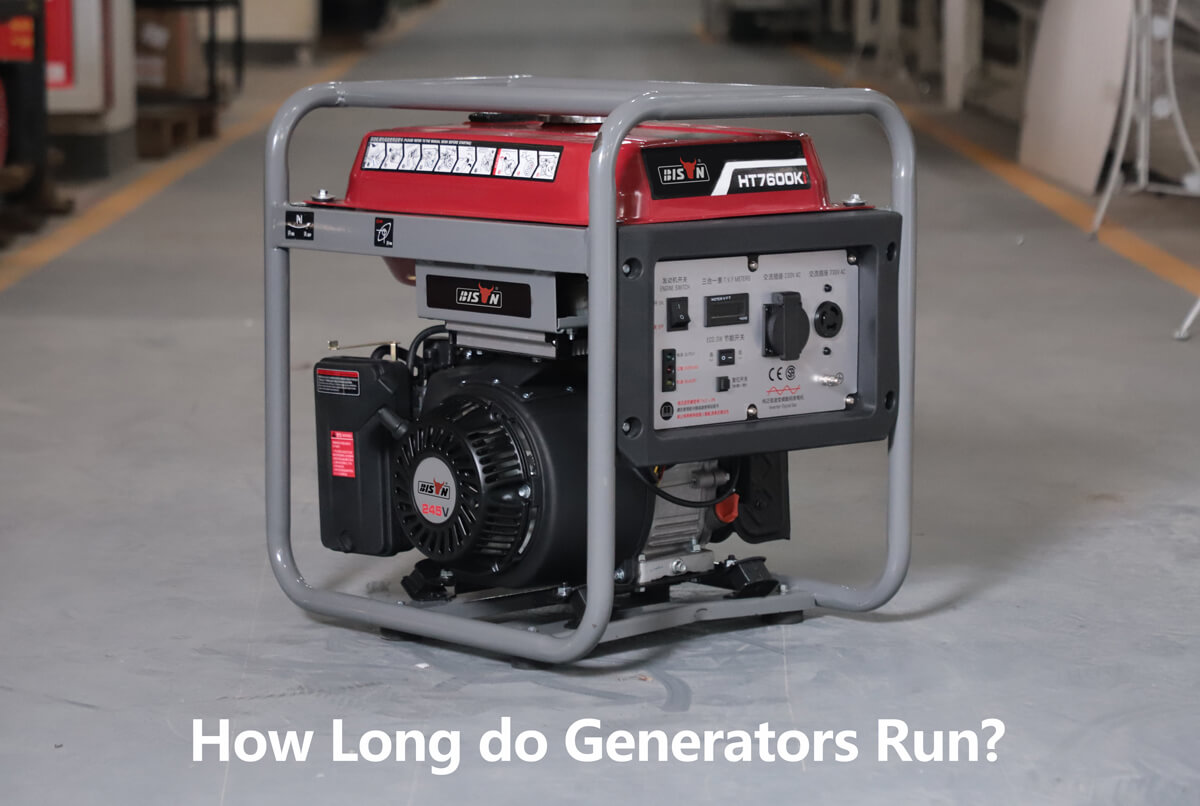
how long do generators run: what you need to know
BISON will dive into everything you need to know about how long a generator runs, helping you choose between generators with different run times.
Related Products
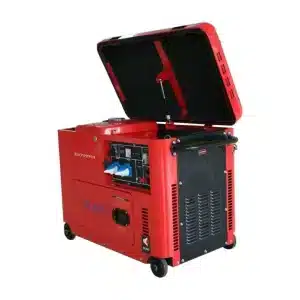
silent diesel generator price for home
BISON adopt three times harmonic excitation technology, making it easy to start. It has strong
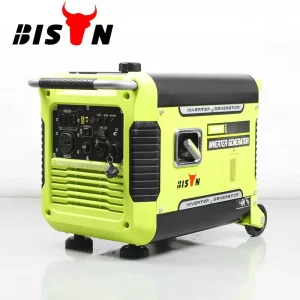
silent gasoline inverter generator for camping
Enjoy a quiet and powerful source of electricity while camping with the BISON BS-Q3000i Silent

mini generator 500watt portable inverter power generator
Smallest portable generators– Bison 500watt Portable Power Mini Inverter Generator – Product Parameter Place of
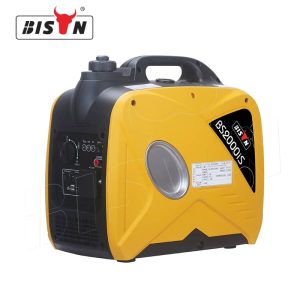
silent portable inverter generator
BISON BS2000ig silent portable inverter generator is the perfect solution for those who need a
.png)

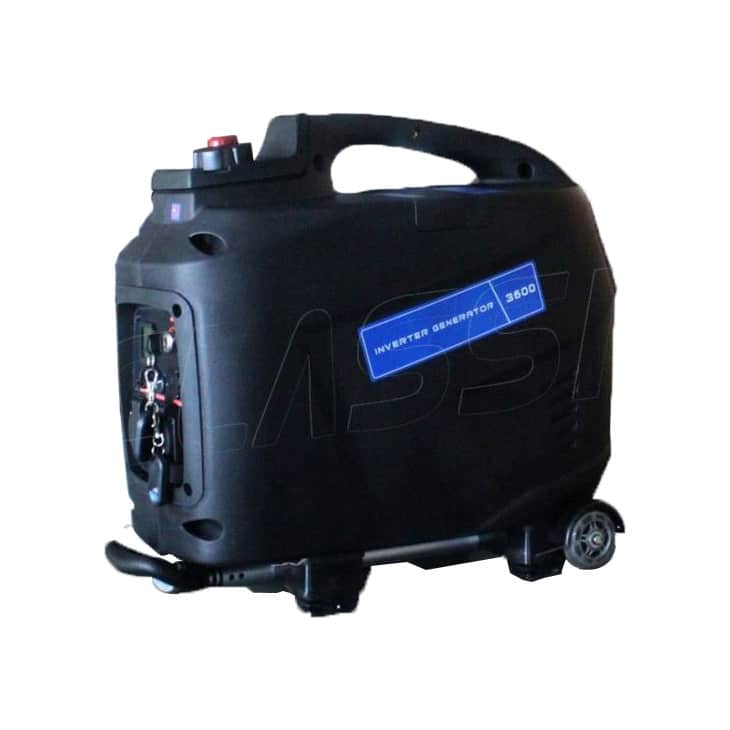
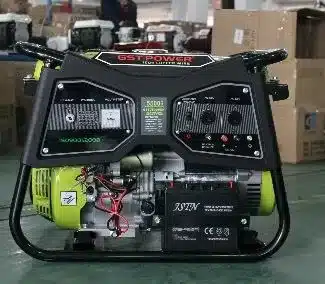
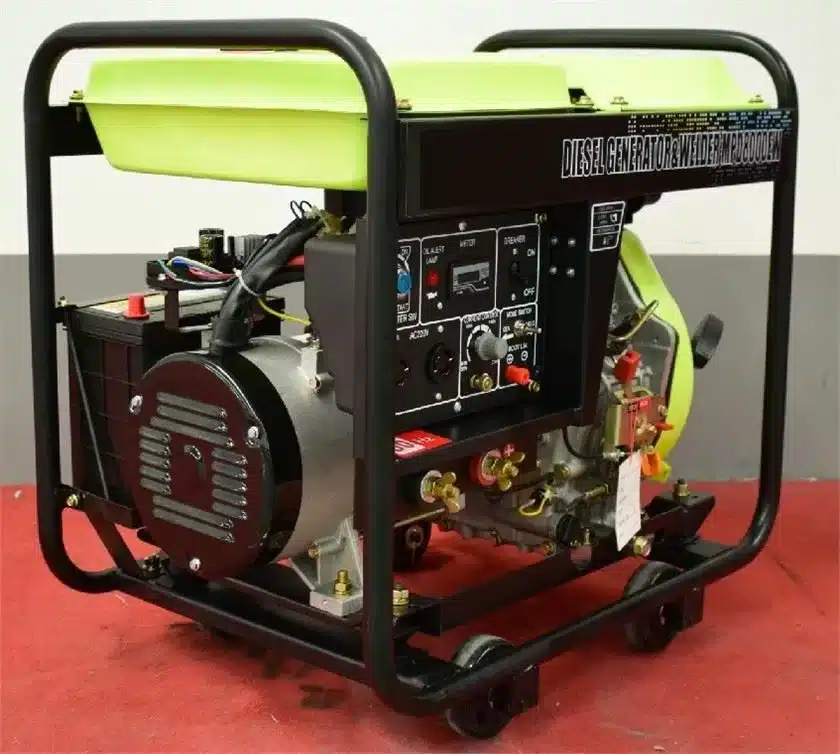
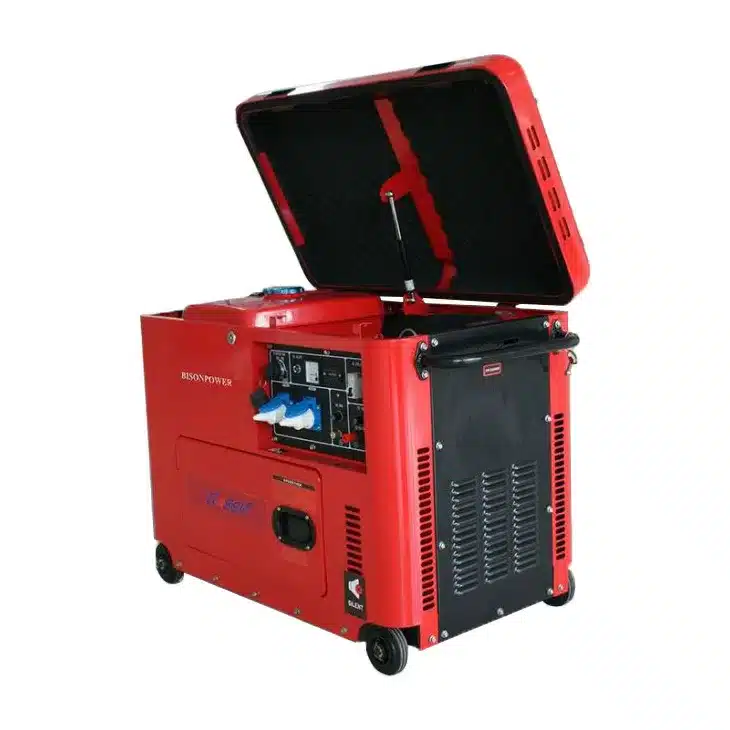
-qbpqbzxxvtguiuwezisu6wo6j1i29b4m1el1ir1u8o.png)

